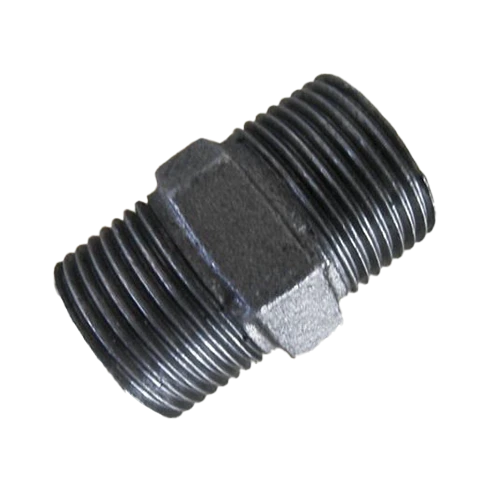Mobile:+86-311-808-126-83
Email:info@ydcastings.com
Spanish
Single Channel Impeller Design for Enhanced Fluid Dynamics Performance and Efficiency
Understanding Single Channel Impellers Design, Applications, and Benefits
Single channel impellers play a vital role in various fluid dynamics applications, specifically in the context of pumps and hydraulic systems. They are crucial components that facilitate the movement of fluids by converting rotational energy into kinetic energy. This article delves into the design, applications, advantages, and disadvantages of single channel impellers.
Design of Single Channel Impellers
A single channel impeller is characterized by its simplistic design, featuring a single passage for fluid flow. This design contrasts with multi-channel impellers, which have multiple routes for fluid to pass through. The funnel-shaped structure of the single channel impeller helps to enhance the flow characteristics, reducing the turbulence often seen in more complex designs. The impeller blades are typically curved and designed to maximize efficiency and performance.
The anatomic features of single channel impellers allow for smoother flows by minimizing vortex formations, which are detrimental to efficiency. This design is especially useful in applications requiring the handling of fluids with high viscosity or solid content, as the straightforward channel minimizes the risks of clogging.
Applications of Single Channel Impellers
Single channel impellers are predominantly used in several industries where efficient fluid movement is critical. Some notable applications include
1. Wastewater Management In municipal and industrial wastewater treatment, these impellers are favored for their ability to handle solids and viscous fluids without clogging. 2. Chemical Processing Single channel impellers are utilized in chemical reactors where the flow of viscous and abrasive materials needs to be controlled effectively. 3. Agriculture In irrigation systems, single channel impellers are employed due to their robust performance in moving sediment-laden water. 4. Food and Beverage Industry They are used in processes that involve thick pastes, slurries, or other viscous materials, ensuring adequate fluid transport without compromising the quality of the products.
Advantages of Single Channel Impellers
single channel impeller

1. Simplicity The straightforward design of single channel impellers leads to easier manufacturing and maintenance. There are fewer components to manage, which reduces the likelihood of mechanical failures. 2. Efficiency They provide a high efficiency rate for fluid movement, particularly in high-viscosity applications. Their design minimizes pressure losses, allowing for effective energy transfer. 3. Versatility Due to their ability to handle various types of fluids, single channel impellers are adaptable across multiple industries with diverse requirements.
4. Reduced Risk of Clogging The single passage design reduces the risk of blockages when dealing with slurries or liquids with solid content, making them preferable in operations where downtime is costly.
Disadvantages of Single Channel Impellers
While single channel impellers offer numerous advantages, they also have some limitations.
1. Limited Flow Rates Compared to multi-channel impellers, single channel designs may not support very high flow rates, making them less suitable for applications that require rapid fluid movement. 2. Less Ideal for Low-Viscosity Fluids Although efficient for viscous fluids, they might not be the best option for low-viscosity liquids, where multi-channel designs could outperform them by providing higher velocity flows.
3. Lower Pressure Build-Up In certain applications requiring significant pressure build-up, single channel impellers may not perform as effectively compared to more complex designs that can leverage multiple channels for added pressure.
Conclusion
In summary, single channel impellers are crucial in many applications, particularly where fluid viscosity or solid content can pose challenges. Their simple design, efficiency, and versatility make them a popular choice in industries ranging from wastewater treatment to chemical processing. However, understanding both their advantages and limitations is vital for selecting the appropriate impeller type for specific applications. As industries continue to evolve and innovate, the design and utilization of single channel impellers will likely adapt, ensuring their relevance in fluid handling technologies.











